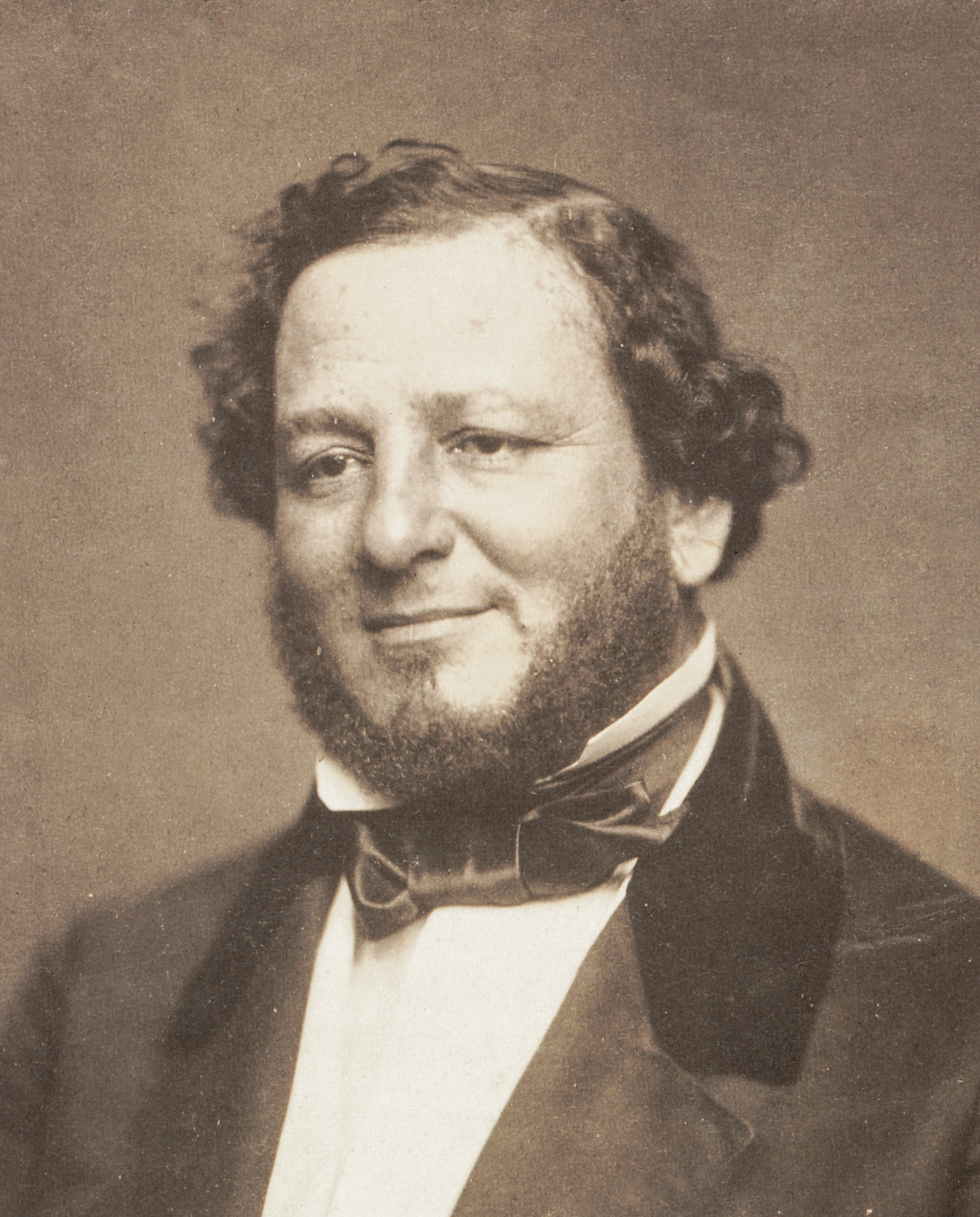
Curious Jews In History: Judah P Benjamin
One of the things that always irritated me about the Left is the way that they decide that any person or organization they don’t like must believe every belief they hate. Disagree with them on anything, and you must be not only racist, but also sexist, and anti-semitic, and homophobic too. These all seem like separate things to me, each with a different situation and relative level of merit.
This occurred to me while doing some reading about the American Civil War. I discovered a curious character I had never heard of before – Judah P Benjamin, the first open and practicing Jew to serve in the US Congress, who was also a slaveholder who threw in his lot with the Confederacy. Under the belief system of the modern Left, this can’t be possible – if you’re racist and therefore bad in their eyes, then you must also be anti-semetic too, and all of the other anti-s listed. Yet here exists a counter-example. Perhaps this could be a series – Jews who have occupied positions and done things that you wouldn’t expect if you can only think in the patterns of the modern Left.
Basic Life Story
I’m not well-read enough on the subject or prepared to write at great enough length to actually make original contributions to the overall level of knowledge here. What I will write here is a brief skim of this man’s life, and you’re welcome to find some better and more thorough sources about him if you find it interesting.
Judah grew up in Fayetteville, North Carolina. He was recognized for his intelligence early on, and went to Yale University at the age of 14, which he left 2 years later for reasons which are still unclear. After this, he moved to New Orleans, Louisiana, where he taught himself law and eventually was able to pass the bar. He began to practice law, and gradually became quite successful, handling mostly commercial litigation. He put part of his earnings into a sugar cane plantation, which he ran with the help of 140 slaves which he also purchased – this appears to be more in an effort to get in with the planter class and get into politics rather than to make this his primary source of earnings.
He was elected to the Louisiana State Senate as a Whig in 1851, and rapidly became the lead candidate for the Louisiana US Senate seat opening up in 1853, which at the time was a position appointed by the state legislature. He won this appointment and served in the US Senate from 1853 to secession, where he was an outspoken supporter of slavery, and also the first openly practicing Jew to serve in that body. When the secession crisis came upon the country, he enthusiastically joined the Confederacy.
Mr. Benjamin had formed a relationship with then US Secretary of War Jefferson Davis during his career in the Senate, and upon Mr. Davis being selected as the first President of the Confederacy, he appointed Mr. Benjamin to be Attorney-General of the new nation. This was not a very productive position, as there was not very much law yet to practice in the new nation. After various political intrigue, he was soon appointed Secretary of War. He was not experienced in military matters, and in this position mostly deferred to President Davis, who was much more experienced and respected as a military commander. He was gradually forced out of this position and was next appointed Secretary of State, which he was substantially better qualified for.
Mr. Benjamin as Secretary of State labored long and hard in an effort to get the Confederacy recognized by the major European powers, primarily Britain and France, which might have led to much needed material and naval assistance. Unfortunately for him, this was not to be, mostly due to Britain’s antipathy towards slavery and the relative lack of clear Confederate military victories once the Union army found it’s footing. Later on, as the fortunes of the Confederacy flagged further, he became more open to the idea of enlisting slaves in their army in a last-ditch hope for success, but this also never came to pass.
When the Confederate Government finally fell to Union armies, Mr. Benjamin decided to try to escape, fearing retribution from the victorious Union government. Through luck and chance, he managed to make his way to England, where he was able to continue his career as a barrister there. He once again managed to make a name for himself in the field of law, and died as a prominent barrister there.
Takeaway
Mr. Benjamin’s life and accomplishments seem to contradict pretty much every stereotype and expectation anyone might have had about Jews. What I would take away is that he chose his cause, labored long and hard for it, and remained loyal to the bitter end. Regardless of what you think of that cause now, I’d think of him as a role model for how any of us should behave. I would hope that Jews learn to behave that way and that the people around them are able to trust them to do so when they prove themselves worthy.